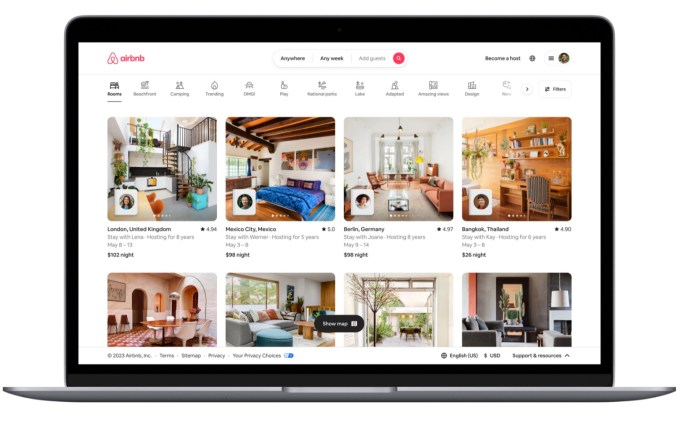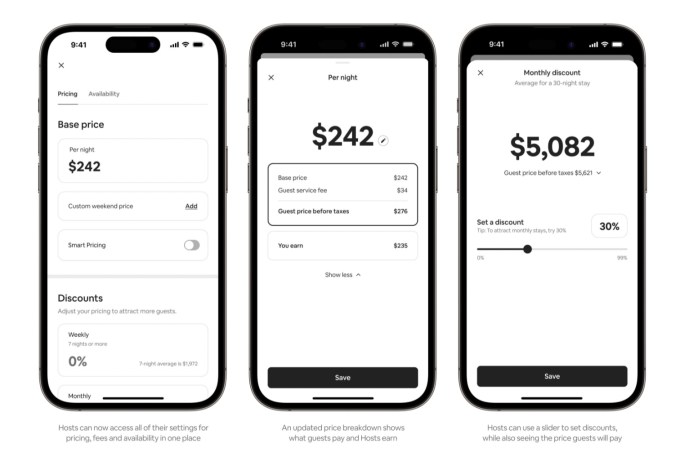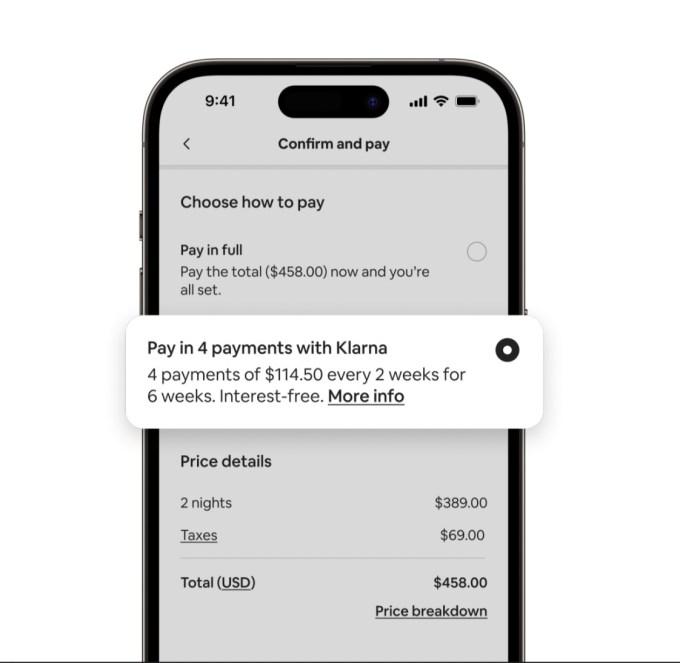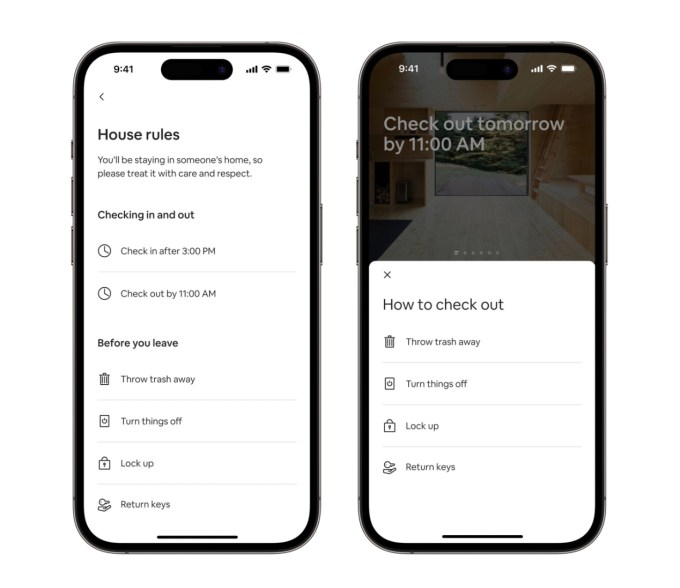
Airbnb started out of an idea of renting out spare beds and rooms in private homes to people as an affordable alternative to hotels, but as it has scaled it’s spent years going upmarket from that, evolving into a wider platform for any kind of private accommodation, with a big emphasis on travelers taking entire homes, not just rooms. That’s helped the company land its first profitable year in 2022, but there is a looming problem: Airbnb homes are getting more expensive to rent, with average prices up 36% since 2019 — and with the current state of the economy, travelers are looking for more affordable alternatives again. So today, Airbnb is changing tack: it’s taking the wraps off a new single-room rental option, making it once again a more prominent part of the search flow for would-be travelers.
“Everyone’s talking about the economy. And, you know, we know that people want to travel,” said co-founder and chief strategy officer Nate Blecharczyk in an interview. “We just also know that affordability is on people’s minds. And so we think that rooms are once again, highly relevant.” He added that 300 million guests are expected to use Airbnb this year.
Airbnb said it has around 1 million rooms listed on the platform at the moment alongside its entire-home inventory. Now, to help you find those single rooms, it’s added a dedicated search category; and from our own experience, it looks like the company’s search algorithm is also pushing more private room options as a default on city search results.
At a time when people are looking for more affordable options, Airbnb said that more than 80% of private rooms are under $100/night, with an average rate of $67/night. And perhaps as a carrot for travelers who might not already be all-on on the idea of staying in a home with total strangers (presumably one of the reasons that Airbnb as it scaled pushed the idea of entire homes over rooms), it’s making some of the “private” features more prominent.
Now, you get more details on the privacy status of these rooms: whether you would have a shared or separate bathroom; whether there is a lock on the door; info about shared public areas; and who else might be staying at the property.
The new private room experience is being rolled out as part of the company’s regular semiannual product release cycle. The rooms update is probably the most notable within this: it speaks to a new experience on the site, and it also underscores how the travel industry is attempting to right-size itself at a time when people definitely want to travel again, post-peak-Covid-19, but also are conscious of their account balances and wider economic issues.
The bigger release, meanwhile, has no less than 50 new features and upgrades to existing features.

Image Credits: Airbnb
Among them are more tweaks to improve transparency about a guest’s stay, from a pricing as well as rules perspective. These are being put in place to better compete with hotel bookings, where users are not charged separate cleaning fees, nor are they expected to complete a long list of tasks before check out.
To that end, total price display — which was introduced first last year — will be getting more widely rolled out across Airbnb’s footprint. This shows prices before taxes but inclusive of other charges like cleaning fees. Conversely, hosts can see how much guests are paying after taxes, so they can tweak their fees accordingly in order to fit their property into certain price filter brackets set when users search for places.

Image Credits: Airbnb
Additionally, to address checkout complaints, Airbnb has updated its app for hosts with a set of fixed basic instructions such as returning the key, throwing trash away, and turning lights off. Hosts can add any other specific requirements, and in turn, guests can provide feedback about the checkout experience.
Alongside the company’s refocus on rooms, Airbnb is also turning its attention to improving the long-term stay experience — a growing segment for the company. Blecharczyk said that roughly 20% of nights booked are part of a longer-term stay (28 days or more).
The travel platform will start charging less service fees for stays longer than three months. It didn’t expand on what is “less.” Plus, the company will let U.S.-based consumers pay through bank transfer for stays longer than 28 days.
On the financial services front, Airbnb has partnered with Klarna to let U.S. and Canda based users apply for four interest-free payments over six weeks. Additionally, U.S.-based users can use this feature to pay monthly for bookings over $500.

Image Credits: Airbnb
In March, Bernstein sent a note to its clients with a positive outlook on Airbnb saying that more than 90% of listings on the platform are listed by individual or small-scale owners. Analysts added that the majority of these small-scale property owners use Airbnb exclusively putting the service at an advantage with uniqueness.







